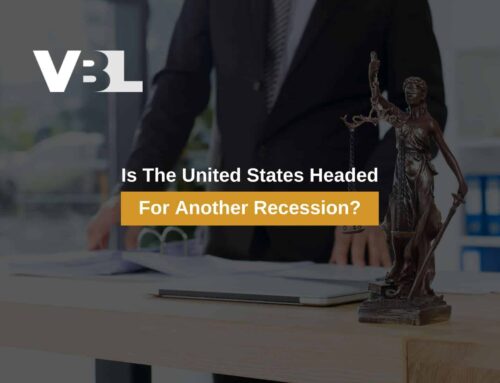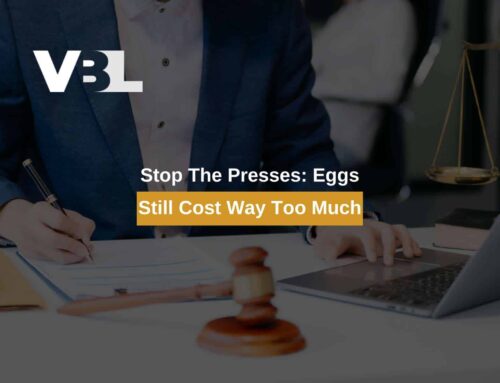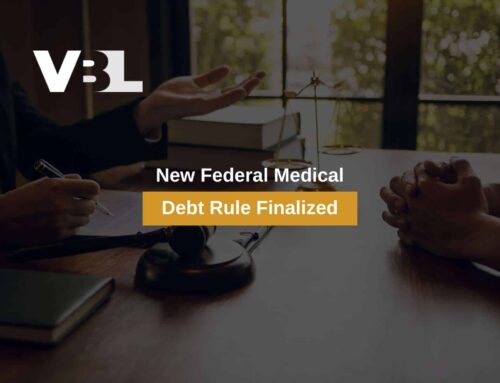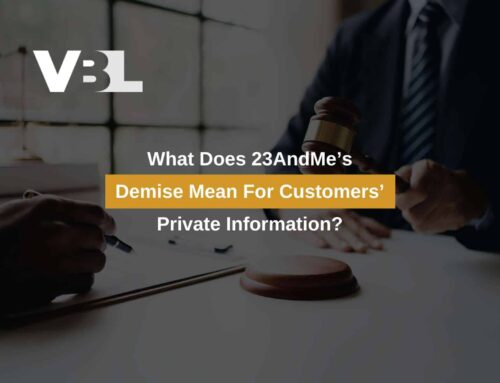Filing Bankruptcy in Nevada: How Long Will It Destroy My Credit?
What Happens To Your Credit Score After Filing Bankruptcy?
Life happens to everyone, and sometimes unforeseen circumstances can create insurmountable debt. If you have more debt than you can realistically pay off, it may be time to consider declaring bankruptcy. But you may be hesitant about filing bankruptcy due to what could happen to your credit. There’s no denying that filing bankruptcy comes with long-term credit and financial implications. But the cost-benefit analysis of your situation could still lead you to the conclusion that bankruptcy will help your credit overall. It will all depend on your specific circumstances. Discuss them with an experienced member of our Las Vegas bankruptcy team for free by calling 702-370-0155.
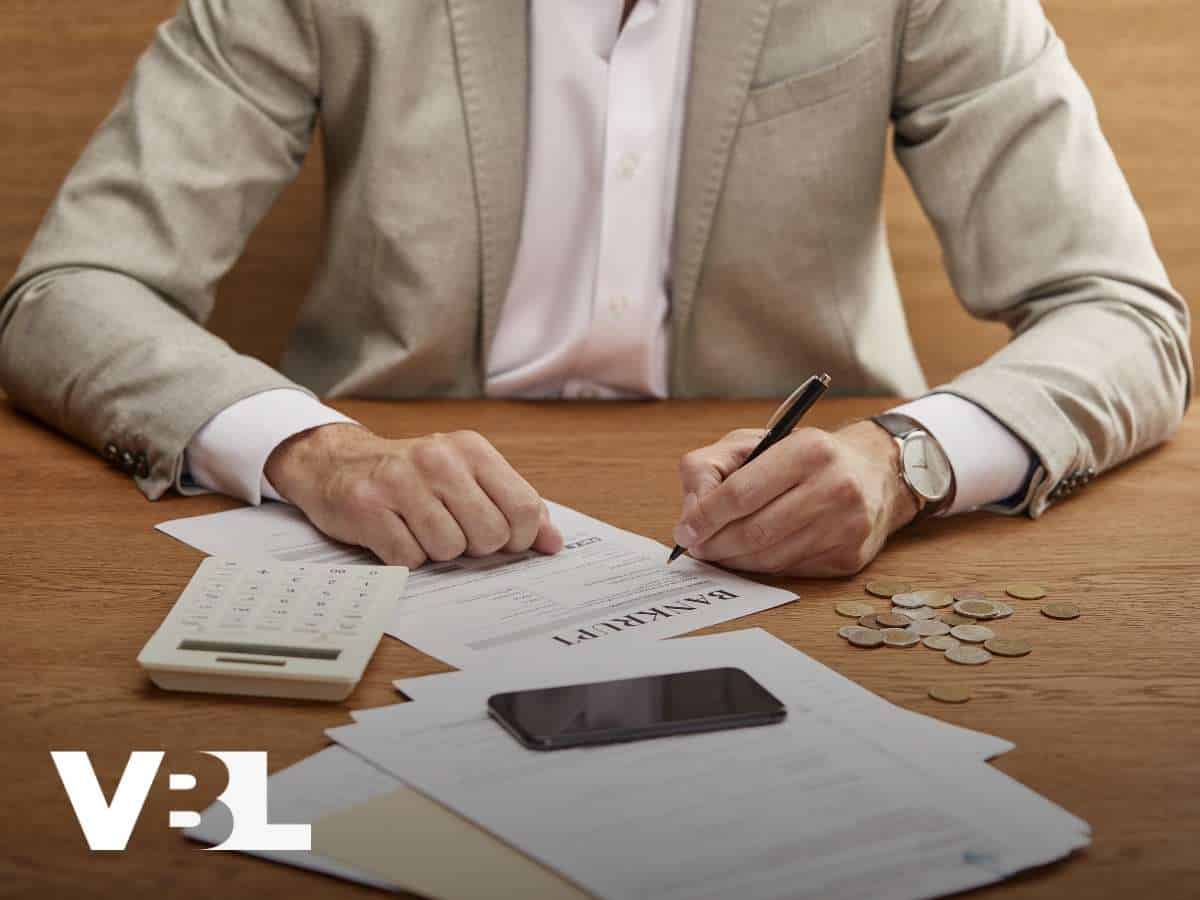
Will Filing Bankruptcy Change My Credit Score?
Your current credit history will have the biggest impact on what bankruptcy does to your credit score. Someone who has a fair credit score may see less change than someone whose score is low or high. You might expect to see a drop in your score upon filing if it is high, but it might increase if it is low. This will also depend on how many unpaid debts you have, especially those in collections. Because these kinds of accounts will be frozen and cleared, you might see more of an increase in your score after filing bankruptcy if you have more of these debts.
Bankruptcy and My Credit Report
Many of our clients are concerned about how long a bankruptcy will remain on their credit reports. They are right to be concerned- a bankruptcy will show up on applications for loans, rental housing, even cell phones. A Chapter 7 bankruptcy will remain on your credit for ten years, and a Chapter 13 bankruptcy will remain on your credit for seven years. A bankruptcy filing won’t disqualify you from lines of credit like credit cards and auto loans. You should also still be able to rent. However, your bankruptcy could reflect poorly on jobs that require a credit check, particularly those in the financial industry.
Purchasing a Home After Bankruptcy
You won’t necessarily be disqualified from buying a home after bankruptcy, but it will be difficult. A bankruptcy filing disqualifies you from FHA mortgages for 2 years. That means unless you somehow stumble upon the cash to buy a home in the 2 years after your bankruptcy, you will just need to bide your time until that waiting period has passed, and you can buy a home. You may be nowhere near thinking about buying a home in your current financial situation, but you could be in a more financially stable place several months after your bankruptcy and be forced to wait to buy a home.
Renting After Bankruptcy
If you don’t already own your home or have a friend or family member you can move in with, your residential option after bankruptcy is probably renting. The good news is that a bankruptcy filing shouldn’t keep you from being approved for rental applications. While it could create pause for a landlord, if your credit history is clean since the bankruptcy, it will show you have the financial means to pay your bills in your current lifestyle. Additionally, you will be disqualified from discharging any rent you fail to pay for a number of years based on the bankruptcy chapter you file. That could be an attractive characteristic to some landlords who are tired of having back rent discharged in bankruptcy. Talk to a Nevada bankruptcy attorney if you have additional concerns about your ability to rent post-bankruptcy.
Improving Credit After Debts are Discharged
While many clients come to us concerned that bankruptcy will destroy their credit scores, many of them simply don’t have great credit to begin with. When you’re past-due on all your accounts and facing repossession, lawsuits, foreclosure, and more, your credit score probably isn’t very high. Bankruptcy clears these kinds of negative marks from your credit score, which might cause an increase in your score shortly after filing. But there is more that you can do to proactively raise your credit score after a bankruptcy discharge. Steps you can take include:
- Trading in your vehicle: Bankruptcy could be a great chance to get rid of a burdensome vehicle and replace it with something more reliable and affordable. Mechanical issues and lifestyle changes may be motivation enough, but if you keep your same auto loan in your bankruptcy, your lender might not continue making positive reports to the credit bureau after your case is discharged. They do have the option to report late payments, which will damage your credit it at the time when it needs repair the most. If you switch out your vehicle, your post-bankruptcy lender is required to report positive payments. This can be crucial in creating a healthy credit history that results in better interest rates and other favorable terms in future financial agreements.
- Make timely payments: You will be required to complete online credit counseling courses as part of your bankruptcy case. These will help you lay out a budget for after your discharge. It’s vital that you make all your continuous monthly payments on time fresh after your bankruptcy, or you could disrupt the potential progress you were about to make.
- Opening one or more new credit cards: Unfortunately, filing bankruptcy means you will lose all of your current credit cards. You will be permitted to apply for new credit cards after your case has been discharged. Be careful in the selection process- some lenders may offer tempting sign-up bonuses with fees and other unfavorable terms in the fine print. But if you do find a safe credit card offer to accept, keeping a high available rotating balance can help your credit score. This means you should pay off your full balance, or as close to it as possible, each month.
- Opt in for credit reporting: Some monthly services may give you the choice of whether or not they should credit report your payments. Selecting these options can be an easy way to build a positive credit history using payments you have set on auto-pay.
Your Dependable Nevada Bankruptcy Law Team
The circumstances leading up to bankruptcy are stressful enough before you add in drafting your petition, filing all the correct documents, gathering all of the appropriate documents, making sure you comply with trustee requests, attending your 341 Meeting of Creditors, and more. Without extensive bankruptcy knowledge and experience, even the simplest Chapter 7 case can result in delays, asset seizures, and case dismissal. In some situations, you could even be charged with bankruptcy fraud and be sentenced to time in prison. A bankruptcy attorney’s purpose is to make sure your case proceeds as efficiently as possible. But some are too intimidated by the legal process to even reach out for a free consultation. At Las Vegas Bankruptcy Lawyers, we offer consultations free of cost, and if you’re a good candidate for bankruptcy, you will receive an affordable quote for our services. You may even qualify for our 0% interest rate post-filing payment plan option. The only way to find out is by contacting our firm to schedule your free consultation. Contact us to speak with an experienced member of our Nevada bankruptcy team today.

Las Vegas Bankruptcy Lawyers
LAS VEGAS
7251 W Lake Mead BLVD #300
Las Vegas, NV89128
Office: 702-879-2499
Email: [email protected]
HENDERSON
1489 W Warm Springs Rd. Ste 110
Henderson, NV 89014
Email: [email protected]
Additional Information at:
Phoenix Bankruptcy Lawyer
Phoenix DUI Lawyer
Chandler Bankruptcy Lawyer
Vegas Zero Down Bankruptcy Attorney
Gilbert Bankruptcy Lawyers
Arizona Zero Down DUI
AZ Bankruptcy Lawyer





